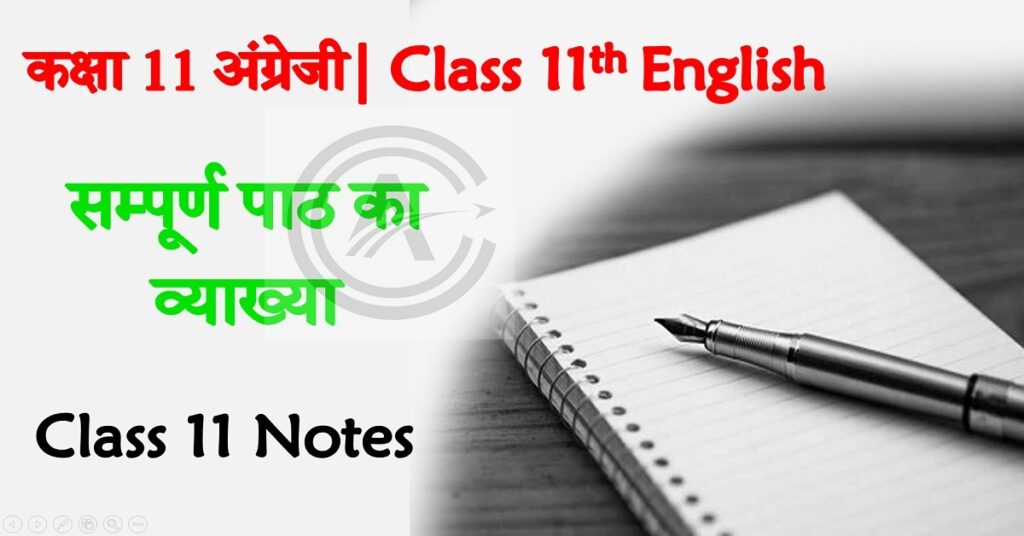12th hindi objective question answer, Roj Objective Questions, रोज 12th Hindi Objective Question Answer 2025, class 12th digant bhag 2 vvi objective questions, 12th class hindi objective pdf, class 12 hindi objective (mcq) for 2025, 12th hindi objective chapter 5 Roj

5. रोज
1. हिन्दी के आधु निक साहित्य में प्रमुख स्थान रखने वाले साहित्यकार कौन हैं।
(a) जयप्रकाश नाराण
(b) तिलक
(c) सच्चिदानन्द हिरानन्द
(d) राष्ट्रकवि दिनकर
Ans – (c) सच्चिदानन्द हिरानन्द
2. सच्चिदानन्द हिरानन्द ने मैट्रीक कब और कहाँ से किया?
(a) 1980 हरियाणा से
(b) 1925 पंजाब से
(c) 1924 कोलकत्ता से
(d) 1926 पटना से
Ans – (b) 1925 पंजाब से
3. ‘ये तेरे प्रतिरूप’ क्या है।
(a) नाटक
(b) निबंध
(c) कहानी
(d) काव्य
Ans – (c) कहानी
4. ‘अज्ञेय’ का जन्म किस स्थान पर हुआ था?
(a) कुशीनगर, उत्तरप्रदेश
(b) चाँदनी चौक, दिल्ली
(c) छतौनी, मोतिहारी
(d) इनमें से कोई नहीं
Ans – (a) कुशीनगर, उत्तरप्रदेश
5. ‘उत्तर प्रियदर्शी’ नाटक के लेखक कौन है।
(a) अज्ञेय
(b) तिलक
(c) राष्ट्रकवि
(d) लोकनाय
Ans – (a) अज्ञेय
6. बचपन में खेलने के उद्देश्य से अज्ञेय ने कौन-सा नाटक लिखा?
(a) एक जीवनी
(b) हरी घास पर क्षण भर
(c) इन्द्रसभा
(d) (b) और (c)
Ans – (c) इन्द्रसभा
7. ‘ऐसा कोई घर आपने देखा है’ के लेखक कौन है।
(a) जयप्रकाश नाराण
(b) अज्ञेय
(c) सच्चिदानन्द हिरानन्द
(d) राष्ट्रकवि दिनकर
Ans – (b) अज्ञेय
8. ‘अद्भूत प्रतिभा’ के के स्वामी कौन थे?
(a) अज्ञेय
(b) तिलक
(c) राष्ट्रकवि
(d) लोकनाय
Ans – (a) अज्ञेय
9. देश-विदेश के कई विश्वविद्यालय में किनको ‘विजिटिंग प्रोफेसर’ के रूप में आमंत्रित किया गया है।
(a) जयप्रकाश नाराण
(b) अज्ञेय
(c) मोहन राकेश
(d) राष्ट्रकवि दिनकर
Ans – (b) अज्ञेय
10. ‘शेखर एक जीवनी’ के द्वितीय भाग कब प्रकाशित हुआ?
(a) 1941
(b) 1942
(c) 1943
(d) 1944
Ans – (d) 1944
11. ‘बावरा अहेरी’ क्या है।
(a) नाटक
(b) कविता
(c) काव्य
(d) उपन्यास
Ans – (b) कविता
12. संस्कृत, तमिल, फारसी, अंग्रेजी आदि का ज्ञान किसे था?
(a) जयप्रकाश नाराण
(b) अज्ञेय
(c) सच्चिदानन्द हिरानन्द
(d) राष्ट्रकवि दिनकर
Ans – (b) अज्ञेय
13. इनकी पहली कहानी इलाहाबाद की स्काउट पत्रिका ‘सेवा’ में प्रकाशित हुई?
(a) जयप्रकाश नाराण
(b) तिलक
(c) सच्चिदानन्द हिरानन्द
(d) राष्ट्रकवि दिनकर
Ans – (c) सच्चिदानन्द हिरानन्द
14. ‘जयदोल’ किसकी कहानी है।
(a) जयप्रकाश नाराण
(b) अज्ञेय
(c) सच्चिदानन्द हिरानन्द
(d) राष्ट्रकवि दिनकर
Ans – (b) अज्ञेय
15. ‘परिभ्रमण’ का संस्कार अज्ञेय को किनके रहते हुए मिला था?
(a) बाबा
(b) पिता
(c) माता
(d) दादा
Ans – (b) पिता
16. ‘रोज’ कहानी के प्रमुख पात्र कौन है।
(a) व्यंती
(b) संघमित्रा
(c) मालती
(d) इनमें से कोई नहीं
Ans – (c) मालती
17. दो वर्षों के वैवाहिक जीवन के बाद नारी कितनी बदल जाती है। यह शब्द किसने कहा?
(a) मालती
(b) जयप्रकाश नारायण
(c) लेखक
(d) मालती के पति
Ans – (c) लेखक
18. अज्ञेय ने मैट्रिक की परिक्षा कब उर्त्तीण की।
(a) 1975
(b) 1825
(c) 1925
(d) 1725
Ans – (c) 1925
19. ‘एक बूँद सहसा उछीली’ के लेखक कौन हैं।
(a) अज्ञेय
(b) तिलक
(c) राष्ट्रकवि
(d) लोकनाय
Ans – (a) अज्ञेय
20. रामधारी सिंह दिनकर के पिता का क्या नाम था?
(a) निरज सिंह
(b) राजन सिंह
(c) धिरज सिंह
(d) रवि सिंह
Ans – (d) रवि सिंह
21. अज्ञेय का ध्यान किसके जीवन संघर्ष को चित्रित करने पर केन्द्रित है।
(a) मालती
(b) महेश्वर
(c) मोहन राकेश
(d) डॉक्टर
Ans – (a) मालती
22. अज्ञेय का निधन कब हुआ था?
(a) 1975
(b) 1825
(c) 1925
(d) 1987
Ans – (d) 1987
23. अज्ञेय जी कितने वर्ष के अवस्था से कविता लिखना आरम्भ करते हैं।
(a) दस वर्ष
(b) बारह वर्ष
(c) चौदह वर्ष
(d) सोलह वर्ष
Ans – (a) दस वर्ष
24. ‘ग्रैंग्रीन’ क्या है।
(a) एक रोग है
(b) एक नाम है
(c) एक कहानी है
(d) इनमें से कोई नहीं
Ans – (a) एक रोग है
25. लेखक (अज्ञेय) मालती को क्या कहना पसंद करते थे?
(a) मित्र
(b) दोस्त
(c) बहन
(d) इनमें से कुछ नहीं
Ans – (c) बहन
Roj Objective Questions
Bihar Board Class 12th Hindi Notes गद्य खण्ड
| 1 | बातचीत |
| 2 | उसने कहा था |
| 3 | संपूर्ण क्रांति |
| 4 | अर्द्धनारीश्वर |
| 5 | रोज |
| 6 | एक लेख और एक पत्र |
| 7 | ओ सदानीरा |
| 8 | सिपाही की माँ |
| 9 | प्रगीत और समाज |
| 10 | जूठन |
| 11 | हँसते हुए मेरा अकेलापन |
| 12 | तिरिछ |
| 13 | शिक्षा |
Bihar Board Class 12th Hindi दिगंत भाग 2 Notes पद्य खण्ड
| 1 | कड़बक |
| 2 | सूरदास के पद |
| 3 | तुलसीदास के पद |
| 4 | छप्पय |
| 5 | कवित्त |
| 6 | तुमुल कोलाहल कलह में |
| 7 | पुत्र वियोग |
| 8 | उषा |
| 9 | जन-जन का चेहरा एक |
| 10 | अधिनायक |
| 11 | प्यारे नन्हें बेटे को |
| 12 | हार-जीत |
| 13 | गाँव का घर |
| 14 | Class 12th English |
I hope that this page is helpful for you. This is very important for Bihar Board Class 12th Hindi Student. This is very helpful for BSEB Class 12th Hindi Notes.
| 1 | Class 12th English Summary Notes |
| 2 | Class 12th Hindi |
| 3 | Class 10th Notes & Solutions |
| 4 | Bihar Board 12th Notes |
